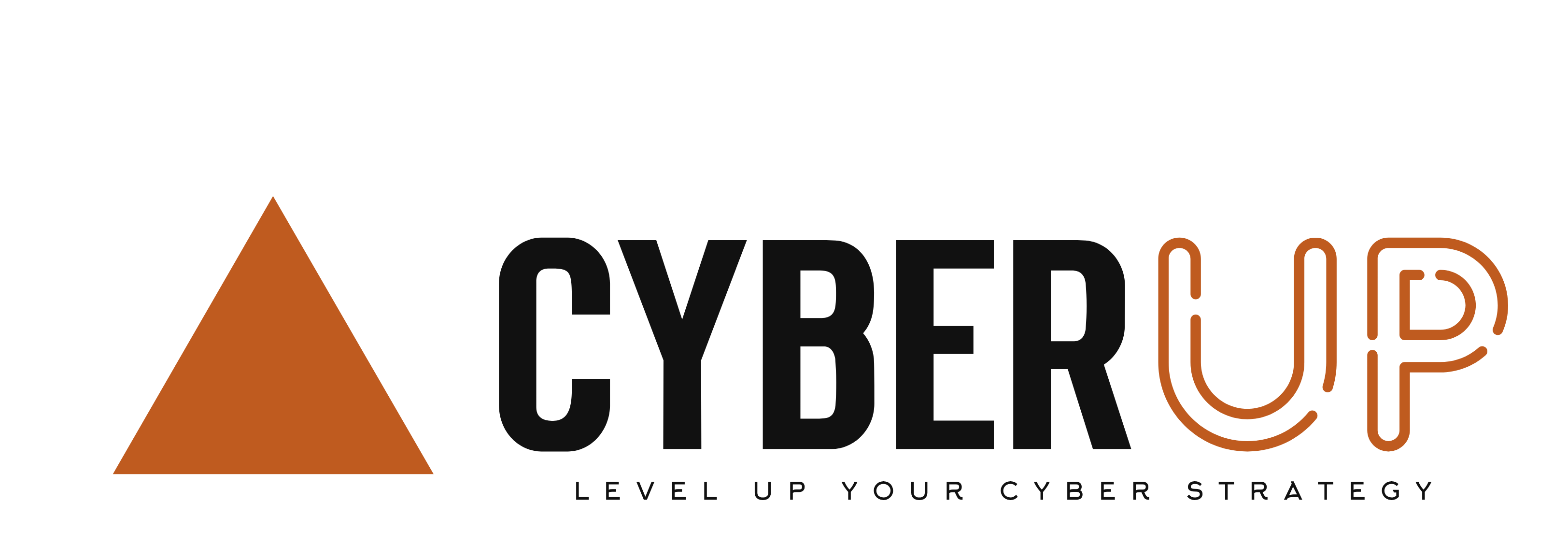In today’s digital age, where our online activities are constantly monitored and vulnerable to cyberattacks, a virtual private network (VPN) has become an essential tool for safeguarding our privacy and security. However, for many home users, the concept of a VPN can be daunting and confusing. This blog post aims to simplify the concept of VPNs and their benefits for home users.
What is a VPN?
A virtual private network is a secure connection that creates a private network over a public internet connection. This means that your online activity is encrypted and routed through a secure server, effectively masking your IP address and making it difficult for third parties to track your online activity.

Why Do Home Users Need a VPN?
There are several reasons why home users should consider using a VPN:
- Privacy Protection: VPNs encrypt your online traffic, making it difficult for anyone, including your internet service provider (ISP), to monitor your online activity. This is particularly important when using public Wi-Fi networks, which are often unencrypted and vulnerable to eavesdropping.
- Security Enhancement: VPNs can provide an extra layer of security by protecting your devices from malware and other online threats. Additionally, they can prevent ISPs from throttling your bandwidth or redirecting your traffic to unwanted websites.
- Geo-restrictions: VPNs can be used to bypass geo-restrictions, allowing you to access websites and content that are not available in your country. This is particularly useful for accessing streaming services, news websites, or social media platforms that may be blocked in your region.
Benefits of Using a VPN at Home
Here are some specific benefits of using a VPN at home:
- Secure online banking: When performing online banking transactions, a VPN ensures that your sensitive financial information is protected from prying eyes.
- Safe online shopping: When making online purchases, a VPN protects your credit card information and personal details from being intercepted by hackers.
- Anonymous browsing: A VPN masks your IP address and browsing activity, making it difficult for websites to track your online behavior.
- Secure file sharing: A VPN encrypts files you share online, preventing unauthorized access or interception of your data.
- Bypass regional restrictions: A VPN allows you to access content that may be geo-restricted in your region, such as streaming services or news websites.
- Protecting your home network: A VPN can extend its protection to your entire home network, ensuring that all devices connected to your Wi-Fi network are secure.
Choosing the Right VPN for Home Users
When choosing a VPN for home use, consider the following factors:
- Security: Ensure the VPN uses strong encryption protocols and has a proven track record of protecting user data.
- Speed: The VPN should not significantly slow down your internet connection.
- Server locations: Choose a VPN with a wide network of servers located in different countries, allowing you to bypass geo-restrictions.
- Ease of use: The VPN should be easy to install and configure, even for non-technical users.
- Customer support: Make sure the VPN provider offers responsive customer support in case you encounter any issues.
Conclusion: Embracing the Benefits of VPNs for Home Users
In conclusion, a VPN is a valuable tool for home users who want to enhance their online privacy, security, and freedom. By choosing the right VPN, like NordVPN which is one of the technology leaders in this field and implementing its best practices, you can protect your personal information, safeguard your devices, and enjoy a more secure and unrestricted online experience.















